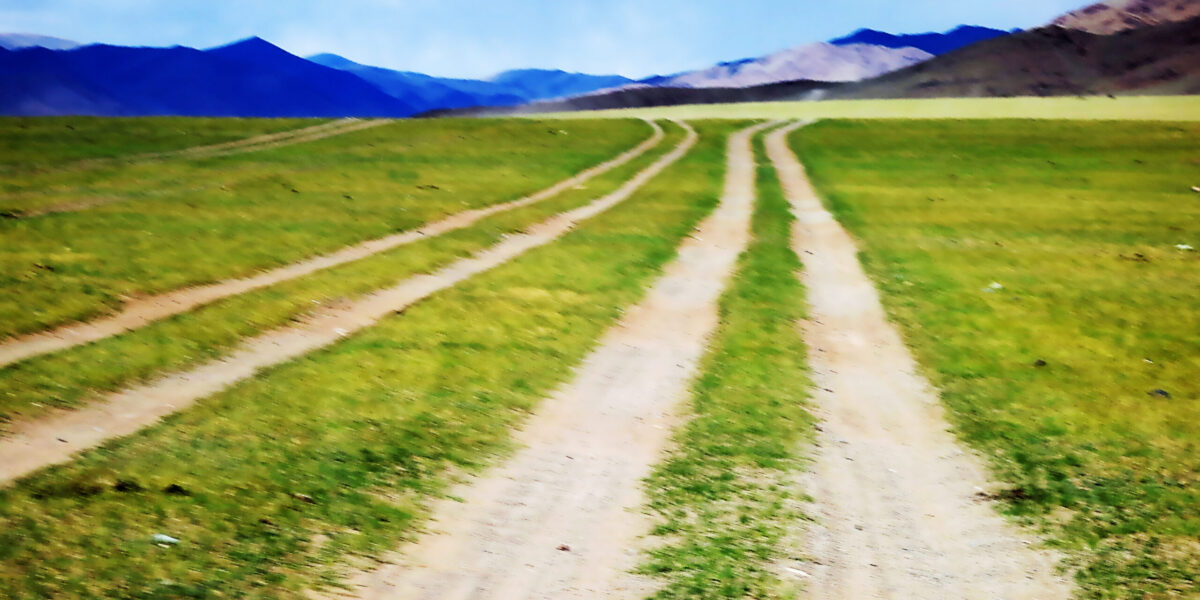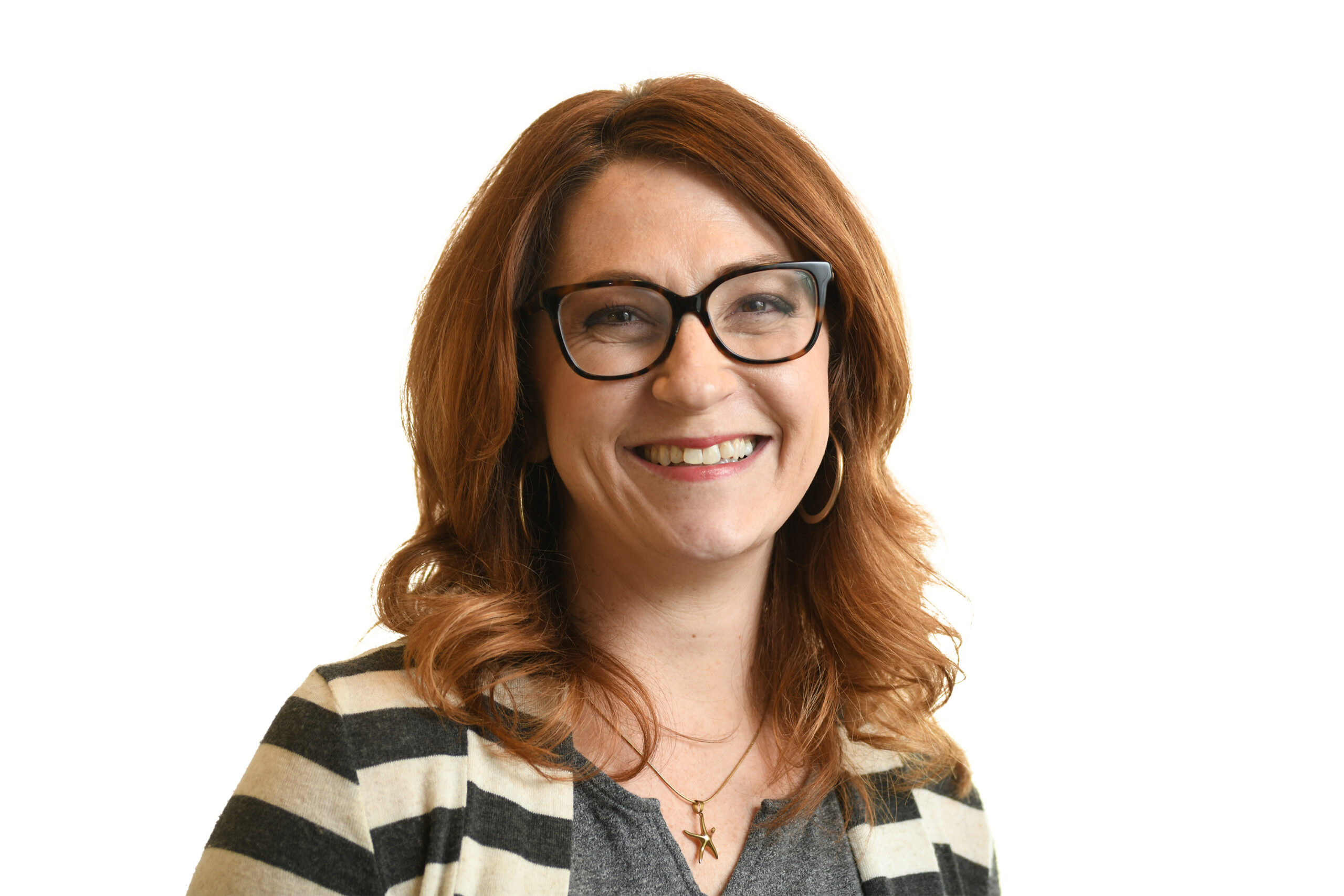A few weeks ago, I turned 40. The birthday itself was perfectly lovely, but the year to six months preceding it … was not so lovely. If it wasn’t such a cliché, I guess I might say I was suffering from a mild version of a midlife crisis. I was never in danger of abandoning my family or splurging on a new car, but I did spend some time in existential crisis mode: rehashing my life choices and contemplating the roads I didn’t take.
Particularly in your early career, forks in the road present themselves more often than they will at almost any other time in your life. And the fact is, you will make choices. You will choose to take one job and not another. You will choose to relocate to a new city or move back to your home community. You will choose to end a relationship or pursue a new one. A few of my big life choices include getting married young (by today’s standards) right out of college, going to grad school and not law school as I had planned, and then focusing on family over career as a stay-at-home mom for nearly nine years. I love my life and I wouldn’t change a thing, but from time to time I do wonder …
Robert Frost has a wonderful poem about making choices. I heard on a podcast that this is the most well-known American poem, and it has a great backstory.
Robert Frost wrote this poem to highlight a trait of, and poke fun at, his friend, Edward Thomas, an English-Welsh poet, who, when out walking with Frost in England, would often regret not having taken a different path. Thomas would sigh over what they might have seen and done, and Frost thought this quaintly romantic.
In other words, Frost’s friend regretted not taking the road that might have offered the best opportunities, despite it being an unknown.
Frost liked to tease and goad. He told Thomas: "No matter which road you take, you’ll always sigh and wish you’d taken another." So it’s ironic that Frost meant the poem to be light-hearted, but it turned out to be anything but. People take it very seriously.
The Road Less Traveled
Two roads diverged in a yellow wood,
And sorry I could not travel both
And be one traveler, long I stood
And looked down one as far as I could
To where it bent in the undergrowth;
Then took the other, as just as fair,
And having perhaps the better claim,
Because it was grassy and wanted wear;
Though as for that the passing there
Had worn them really about the same,
And both that morning equally lay
In leaves no step had trodden black.
Oh, I kept the first for another day!
Yet knowing how way leads on to way,
I doubted if I should ever come back.
I shall be telling this with a sigh
Somewhere ages and ages hence:
Two roads diverged in a wood, and I—
I took the one less traveled by,
And that has made all the difference.
Here are five ways I’ve come to terms with my own "roads not taken" and how I now approach forks in the road.
1. I’ve made hard choices before and everything turned out OK.
My sophomore year of college, I was feeling the pressure to pick a major. I remember finally declaring an English major and the dual feelings of relief and terror I experienced. Relief that I could finally have something to say when people asked what my major was – and terror that I was somehow missing out on THE THING that was going to give me the best chance for a lifetime of success and happiness. Like Frost’s traveler who was "sorry that I could not travel both," I hated saying goodbye to the possible realities that I might have otherwise created.
I hear the same kind of story from young people I talk to who are searching for identity – which is, that making any decision about education, location, career, etc., is going to rule out a lot of possible identities. The alternative, of course, is to sacrifice an actual identity in order to keep holding on to those possibilities. Once the anxiety of declaring a major was out of the way, I was able to focus on what this particular "road" had to offer me, and to discover new possibilities which hitherto had remained hidden or unknown.
2. The road not taken would not necessarily be better or worse – it would just be different.
Back to Frost, this analysis says:
The main theme of the "The Road Not Taken" is that it is often impossible to see where a life-altering decision will lead … It is normal to wonder what the outcome would have been if the other road, the road not taken, was the road chosen. But to contemplate this hypothetical deeply is folly, for it is impossible to say whether taking the other road would have been better or worse: All one can say is that it would have been different.
In a sports family like mine, I’ve had to sit through my fair share of post-game analysis and speculation. Why didn’t the third-base coach send the runner home? Why did they go for the win instead of the tie? Each game usually does have a turning point, but it has always struck me as hubris for anyone (usually my husband) to say, "If __ had happened, then __would have happened." Seriously, has NO ONE seen Back to the Future? Have we not learned anything from The Flash? You change one thing, you change everything! Stop trying to mess with the timeline, people!
3. Good regrets.
I’d like to take a moment to introduce a new phrase into the vernacular: "Good regrets." Sort of like how student loans or mortgages are referred to as "good debt," good regrets are a positive way of reflecting on the inherent risk of our life’s choices. When we have good regrets, we feel the pain of our limited human capacity for making decisions AND self-compassion for that person who made the best decision they could with the information available at the time. If debt is ever to be judged truly "good," we have to end up ahead of where we started. Likewise, if our regrets are to be judged as "good," we will have to end up with more of something … but what? More knowledge? More insight? More empathy for others? Maybe/hopefully, all of the above?
For instance, I have good regrets about my decision not to go to law school. I sometimes imagine what my life would have been like had I kept following the road I had planned to take, instead of doing the more niche grad school program I ended up doing. I’ve been known to say that, for me, a law degree would have been a really expensive ego trip. And yet, I still feel the occasional sense of loss: about the impact I might have been able to make, the doors that would have been open to me, or the lifestyle a higher-paying job would have afforded me and my family.
I love how the traveler in the poem looks to the future and knows he will revisit this moment "with a sigh," as is our human nature. In fact, good regrets is a deeply human experience. It is the process of surrendering the possibilities you once held so tightly. It is allowing yourself to feel the pangs of the could-have-beens while letting go of the anxiety that keeps you from embracing the present. Having good regrets keeps our hearts tender and builds wisdom for decisions to come.
4. Practicing gratitude.
As I emerged from the period of time I spent mourning the loss of my youth (haha), it seemed like every book I read, every podcast I listened to, and every conversation I had somehow led to the topic of practicing gratitude. According to this article from Harvard Medical School, "gratitude is strongly and consistently associated with greater happiness. Gratitude helps people feel more positive emotions, relish good experiences, improve their health, deal with adversity, and build strong relationships."
So I decided to try it! I found the app Grateful and have been using it faithfully ever since. There are tons of ways to do a gratitude journal, but this particular one has worked for me (see Exhibit A). Despite the fact that my middle child’s blow-up unicorn costume malfunctioned just in time for trick-or-treating (hence the trash bag and the long face), how can I NOT be grateful for whatever choices in my life led to this moment?? Scrolling through the things I’ve entered into this app has become one of the best parts of my day.

5. God is with me – no matter which road I choose.
Theologian Dallas Willard was known to say, "The main thing God gets out of your life is the person you become." Make no mistake, I love how work is a vehicle to express my God-given gifts and abilities. However, as much joy and fulfillment that work can bring us, it’s not actually the stuff on your resume that counts most to God. Money, title, reputation … all that is just ephemeral – here today and gone tomorrow.
The truth is, no matter what road you choose, I can guarantee you that storms will come. Someone will get sick. A marriage will end. Recessions happen. Your career will not exist in a vacuum. During those times, you will have new decisions to make and new roads to consider, but God is still God and God is faithful. Coming to terms with my own "roads not taken" involves affirming my true identity, which is rooted in Christ. It’s super cool and mind-bending that being with us is who God is! Like, what? I can ponder the mystery of incarnation for exactly three minutes before my brain just quits. What I am left with, however, is the conviction that it’s not which road you choose that’s the real issue, but rather who is with you on the road. And, to me, that "has made all the difference."








